Home>Home Maintenance>House Floods When It Rains Due To Drainage
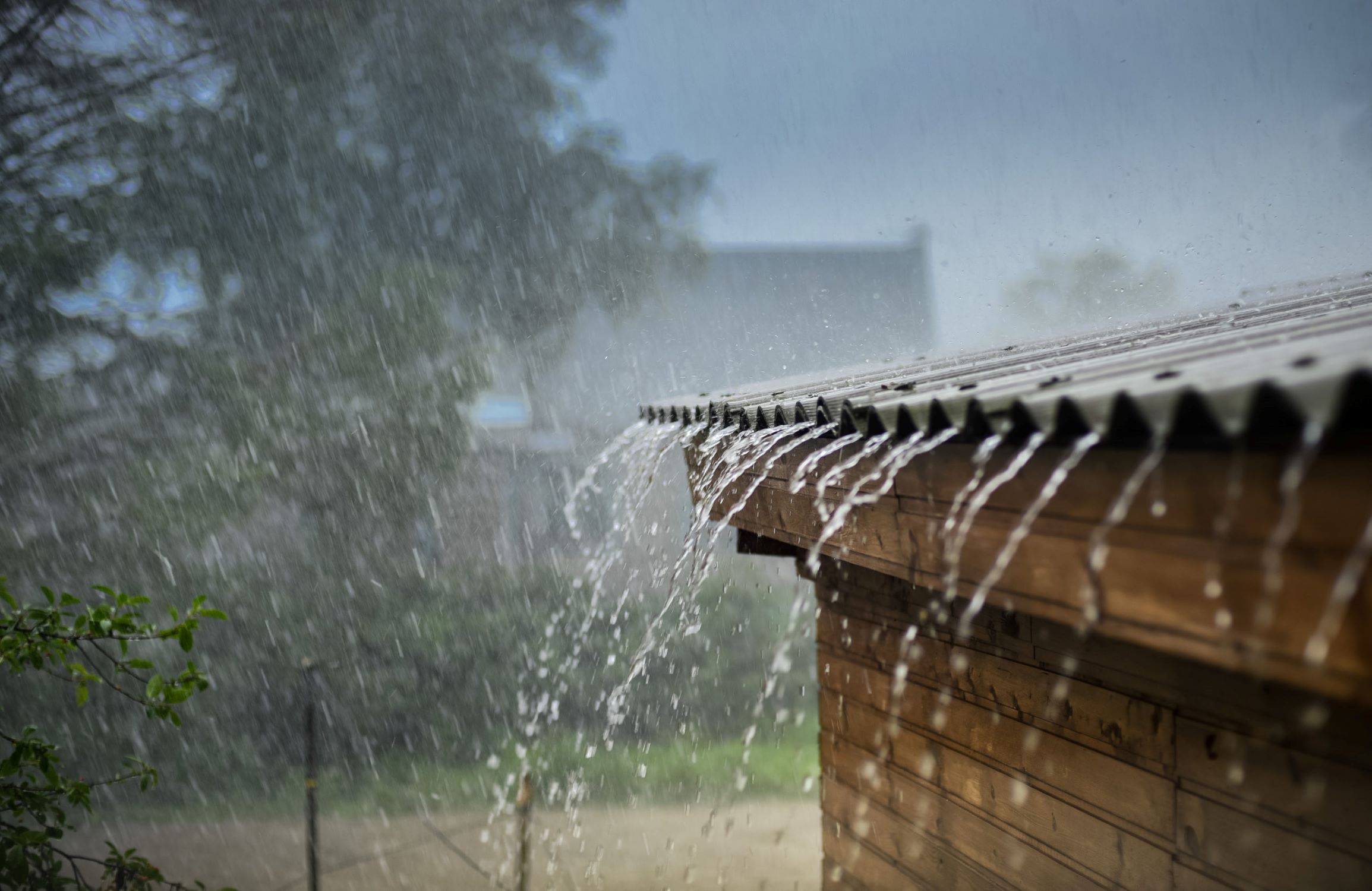

Home Maintenance
House Floods When It Rains Due To Drainage
Modified: August 17, 2024
Prevent flooding in your home when it rains with proper home maintenance and drainage solutions. Protect your property from water damage.
(Many of the links in this article redirect to a specific reviewed product. Your purchase of these products through affiliate links helps to generate commission for Storables.com, at no extra cost. Learn more)
Introduction
Welcome to our comprehensive guide on home drainage and its impact on preventing floods. Your home is your sanctuary, a place where you feel safe and secure. However, imagine the stress and damage caused when the heavens open up and your house becomes susceptible to flooding. One of the primary reasons for home floods during heavy rainfall is poor drainage systems. In this article, we will explore the causes of drainage issues and the importance of maintaining a well-functioning drainage system. We will also provide solutions and tips on preventing flooding in your home.
When it comes to drainage problems, prevention is key. Understanding the common causes and signs of drainage issues can help you identify and address problems before they escalate. By taking proactive steps and seeking professional help when necessary, you can ensure that your home remains safe and protected from the damage caused by excess water.
So, let’s dive in and explore the world of home drainage and how it can impact your overall well-being and the integrity of your property. By the end of this article, you will have a solid understanding of the importance of proper drainage and the steps you can take to prevent flooding in your home.
Key Takeaways:
- Proper drainage is crucial for preventing floods and water damage in homes. Regular maintenance and prompt repairs can help protect your property from the devastating effects of poor drainage.
- Identifying signs of poor drainage, such as standing water and basement flooding, is essential. Seeking professional help for complex drainage issues ensures accurate assessments and comprehensive solutions tailored to your specific needs.
Read more: Drainage Considerations When Buying A House
Causes of Drainage Issues
Drainage issues in homes can be caused by a multitude of factors. It is essential to identify the root cause of the problem in order to implement effective solutions. Here are some common causes of drainage issues:
- Inadequate grading: One of the primary causes of drainage problems is improper grading around the foundation of the house. If the ground slopes toward the foundation rather than away from it, water can accumulate around the base of the house, leading to leaks and potential flooding.
- Clogged gutters and downspouts: When gutters and downspouts are neglected and become clogged with debris such as leaves and twigs, they can no longer effectively direct rainwater away from the house. This can result in overflowing gutters and water pooling around the foundation.
- Inadequate or damaged drainage systems: If your home’s drainage system, such as french drains or surface drains, is poorly designed or damaged, it can lead to water retention on your property. This can cause water to seep into basements or crawl spaces, causing dampness and potential structural damage.
- Blocked sewer lines: A blockage in the main sewer line can prevent water from draining properly, leading to backups and flooding in your home. This can occur due to tree root invasion or the buildup of debris and grease over time.
- Saturated soil: If you live in an area with heavy clay soil or your property has poor soil drainage, water may not be able to infiltrate into the ground efficiently. Instead, it can collect on the surface, increasing the risk of flooding.
- Improperly installed landscaping features: Landscaping elements such as retaining walls, flower beds, or paved surfaces that are not properly planned or installed can redirect water towards your home rather than away from it. This can lead to water accumulation and potential flooding.
Identifying the specific cause of your drainage issues is crucial for implementing the most effective solutions. It is advisable to consult with a professional drainage expert to assess your property and provide tailored recommendations for your situation.
Common Problems with Drainage Systems
A well-functioning drainage system is crucial for preventing water damage and maintaining the integrity of your home. However, drainage systems can experience various issues that can affect their effectiveness. Here are some common problems you may encounter with drainage systems:
- Clogged or blocked drains: Over time, drains can become clogged with debris, sediment, or tree roots, inhibiting the flow of water. This can result in water pooling around the drain and potentially causing floods.
- Damaged or collapsed pipes: Pipes can deteriorate or collapse due to age, poor installation, or external factors such as tree root intrusion. This can lead to water backing up or leaking, causing water damage to your property.
- Inadequate pipe size: If the pipes in your drainage system are too small, they may not be able to handle the volume of water during heavy rainfall. This can cause water backups and flooding.
- Inefficient slope: Proper slope is essential for a drainage system to work effectively. If the pipes or channels in the system are not sloped correctly, water may accumulate in certain areas instead of flowing away from the property.
- Inadequate grates and covers: Drainage system components such as grates and covers can become damaged or dislodged over time. This can result in debris entering the system, leading to blockages and reduced drainage efficiency.
- Poorly positioned downspouts: Downspouts that are not positioned correctly or lack extensions can deposit water too close to the foundation. This can cause water to seep into the basement or weaken the foundation over time.
It is crucial to regularly inspect and maintain your drainage system to address these common problems. Cleaning and clearing drains, repairing or replacing damaged pipes, and ensuring proper slope and positioning are key steps in keeping your drainage system functioning optimally.
When encountering these issues, it is recommended to consult with a professional drainage specialist who can assess the condition of your system and provide expert guidance on the appropriate repairs or replacements needed.
Importance of Proper Drainage
Homes with proper drainage systems play a crucial role in preventing water damage and maintaining the structural integrity of the property. Here are some key reasons why proper drainage is essential:
- Prevents foundation damage: Excess water around the foundation can lead to the deterioration of the foundation walls and, over time, compromise the structural stability of the entire house. A well-functioning drainage system helps divert water away from the foundation, reducing the risk of foundation damage.
- Prevents basement flooding: Poor drainage can result in water seeping into basements, causing flooding and damage to personal belongings, flooring, and walls. Properly installed drainage systems can effectively channel water away from the basement, keeping it dry and preventing costly water damage repairs.
- Protects landscaping: Improper drainage can lead to water pooling in your yard, causing soil erosion, drowning of plants, and damage to your landscaping features. By ensuring proper drainage, you can preserve the health and aesthetics of your garden and outdoor spaces.
- Prevents mold and mildew: Excessive moisture from poor drainage can create a favorable environment for mold and mildew growth. These microorganisms can not only cause health issues but also damage the structural components of your home. Proper drainage helps keep moisture levels in check, reducing the risk of mold and mildew infestation.
- Preserves pavement and hardscape: Improper drainage can accumulate water on paved surfaces such as driveways, walkways, and patios. Over time, this water can cause cracks, erosion, and damage to the hardscape. Adequate drainage prevents water from pooling, extending the lifespan of your pavement and hardscape features.
- Prevents insect infestation: Standing water resulting from poor drainage can attract insects such as mosquitoes, termites, and ants. These pests can not only be a nuisance but also pose health risks to occupants. Proper drainage helps eliminate stagnant water, reducing the likelihood of insect infestations.
Proper drainage is an investment in the longevity and well-being of your home. Regular maintenance, inspections, and necessary repairs to your drainage system are crucial for preserving your property’s value and protecting it from potential water damage.
If you suspect drainage issues or want to ensure your home’s drainage system is functioning optimally, it is advisable to consult with a professional drainage specialist who can assess your property, provide expert advice, and recommend appropriate solutions.
Make sure your gutters and downspouts are clear of debris to allow proper drainage. Consider adding extensions to your downspouts to direct water away from your home’s foundation.
Signs of Poor Drainage
Identifying the signs of poor drainage is crucial in preventing potential flooding and water damage to your home. Here are some common signs that indicate you may have a drainage problem:
- Puddles or standing water: If you notice standing water or frequent puddles in your yard, especially after rainfall, it is a clear indication of poor drainage. This stagnant water can damage your landscaping and indicate that water is not properly draining away from your property.
- Water damage in the basement: If you find water stains, dampness, or a musty odor in your basement, it is likely a sign of poor drainage. Water may be seeping through cracks in the foundation or entering through windows and vents due to drainage issues.
- Moist or soggy areas: Areas of your yard that are consistently damp, mushy, or muddy, even during drier times, can indicate poor drainage. This could be due to water pooling or an underground water flow issue.
- Gutters overflowing: If your gutters overflow during heavy rainfall, it suggests that they are not effectively draining water away from your house. This can lead to water seepage into the foundation and basement.
- Cracks in the foundation: Poor drainage can cause the soil around the foundation to become saturated, leading to the expansion and contraction of the soil. This can result in cracks in the foundation walls, indicating water-related issues.
- Mold or mildew growth: Excessive moisture due to poor drainage can create favorable conditions for mold and mildew growth. If you notice mold or mildew in basements, crawl spaces, or other areas of your home, it may be a sign of underlying drainage problems.
- Erosion or sinking of landscaping features: If you observe erosion, sinkholes, or the sinking of landscaping features such as retaining walls or walkways, it could be an indication of poor drainage. Water pooling and improper water flow can erode the soil, destabilizing landscape structures.
- Insect infestations: Standing water resulting from poor drainage can attract insects like mosquitoes, which require stagnant water for breeding. If you notice a sudden increase in mosquitoes or other insects around your property, it may be a sign of drainage issues.
It is essential to address these signs of poor drainage promptly to prevent further damage and potential flooding. Seeking the assistance of a professional drainage specialist can help you identify the specific drainage issues and implement appropriate solutions to mitigate the problem.
Read more: How To Design Drainage For A House
Solutions for Drainage Problems
When it comes to addressing drainage problems, there are several solutions you can consider depending on the severity of the issue. Here are some effective solutions for dealing with drainage problems:
- Proper grading: Ensuring proper grading around your home is crucial for preventing water accumulation near the foundation. The ground should slope away from the house, directing water to flow away rather than towards it. This can be achieved by adding or adjusting the soil around the foundation.
- Install or clean gutters and downspouts: Regularly cleaning and maintaining your gutters and downspouts is essential for effective water drainage. Ensure they are free from debris and properly attached. If necessary, consider installing gutter guards to prevent clogging and divert water away from the foundation.
- Implement French drains or surface drains: French drains and surface drains are effective drainage systems designed to collect and redirect excess water. French drains utilize perforated pipes surrounded by gravel, while surface drains rely on grates to capture water and direct it away from the property.
- Install a sump pump: A sump pump is a valuable tool in areas prone to water accumulation. It collects water from the sump pit and pumps it away from the house, preventing basement flooding and water damage.
- Create a rain garden: A rain garden is a shallow depression that is designed to collect water and allow it to slowly infiltrate into the soil. It helps promote natural drainage and reduces the risk of water pooling in your yard.
- Consider permeable paving: Permeable paving materials, such as permeable concrete or porous pavers, allow water to infiltrate the ground rather than creating runoff. This can help reduce water accumulation and improve overall drainage on your property.
- Redirect downspouts: Ensure downspouts are directed away from the foundation by adding extensions or installing underground drainage pipes that carry water further from the house. This helps prevent water seepage and damage to the foundation.
- Address underlying soil issues: If your property has clay soil or poor drainage due to soil composition, amending the soil with organic matter or installing drainage tiles can help improve water absorption and prevent water from sitting on the surface.
It is important to assess your specific drainage issues and consult with a professional drainage specialist to determine the most appropriate solutions for your situation. They can provide expert advice and guidance on the best course of action to address your drainage problems effectively.
Remember, regular maintenance and inspections are key to ensuring your drainage system remains in good working condition. By taking proactive measures, you can prevent potential flooding and protect your home from water damage.
Hiring a Professional for Drainage Issues
While some minor drainage issues can be addressed through DIY efforts, more complex problems may require the expertise of a professional drainage specialist. Hiring a professional for drainage issues can provide several benefits, ensuring effective and long-lasting solutions. Here’s why you should consider hiring a professional:
- Accurate assessment: A professional drainage specialist has the knowledge and experience to accurately assess the drainage issues on your property. They can identify the underlying causes of the problem and provide tailored solutions based on your specific situation.
- Expertise in drainage systems: Drainage specialists specialize in designing, installing, and maintaining drainage systems. They have in-depth knowledge of various drainage techniques, materials, and technologies. Their expertise ensures that the proper methods are employed to address your drainage issues effectively.
- Access to specialized equipment: Professional drainage specialists have access to specialized equipment and tools that may be required for diagnosing and resolving complex drainage problems. This includes equipment for excavating, inspecting pipes, and testing the flow of water.
- Comprehensive solutions: A drainage professional can provide comprehensive solutions that address the root cause of the drainage issue. They can offer a range of options tailored to your specific needs, whether it’s installing a new drainage system, repairing existing components, or implementing grading and landscaping solutions.
- Quality workmanship: Hiring a professional ensures that the drainage work is done with high-quality craftsmanship. They have the experience to install and repair drainage systems to the highest standards, ensuring longevity and effective water management for your property.
- Compliance with regulations: Certain drainage projects may require permits or compliance with local building codes and regulations. A professional drainage specialist is well-versed in these requirements and can ensure that the work is conducted in accordance with the necessary regulations.
- Peace of mind: By hiring a professional, you can have peace of mind knowing that your drainage issues are being handled by an expert. They will take the necessary steps to mitigate the problem, reducing the risk of future flooding and water damage to your property.
When hiring a drainage professional, it’s important to choose a reputable and experienced company. Research and read reviews to ensure they have a track record of delivering quality work and customer satisfaction. Obtain multiple quotes and discuss the proposed solutions in detail before making a decision.
Remember, proper drainage is a critical aspect of your home’s maintenance. Investing in professional help for drainage issues can save you time, money, and headaches in the long run by ensuring the effective and efficient management of water on your property.
Conclusion
Proper drainage is a fundamental aspect of maintaining a safe and secure home. Addressing drainage issues can help you avoid the devastating consequences of flooding and water damage. Through this comprehensive guide, we have explored the causes of drainage problems, common issues with drainage systems, the importance of maintaining proper drainage, and signs to look out for. We have also provided potential solutions and highlighted the benefits of hiring a professional for drainage issues.
Understanding the root causes of drainage problems, such as grading issues, clogged gutters, damaged pipes, or inadequate drainage systems, can empower you to take proactive measures. Regular inspections, maintenance, and prompt repairs are key to ensuring the functionality and effectiveness of your drainage system.
Remember to closely observe signs of poor drainage, such as standing water, basement flooding, or mold growth, as these are indicators of potential drainage issues. By taking action promptly, you can prevent further damage to your property and safeguard your home and its surroundings.
While some drainage problems can be addressed through DIY efforts, more complex issues may require the expertise of a professional drainage specialist. Their knowledge, experience, and access to specialized equipment can provide accurate assessments and comprehensive solutions tailored to your specific needs.
Maintaining a well-functioning drainage system not only protects your home’s foundation, basement, and landscaping but also prevents insect infestations and the growth of mold and mildew. By implementing proper grading, cleaning gutters, installing drains, redirecting downspouts, and considering permeable paving, you can significantly improve water flow and prevent flooding.
In conclusion, taking proactive steps to address drainage issues is essential for the long-term integrity and safety of your home. By being aware of the signs of poor drainage and seeking professional help when needed, you can ensure that your property remains protected from the damaging effects of excess water.
So, prioritize proper drainage, maintain your system, and consult with professionals to address drainage problems promptly. With proper drainage, you can enjoy peace of mind and a dry, secure, and comfortable home for years to come.
Frequently Asked Questions about House Floods When It Rains Due To Drainage
Was this page helpful?
At Storables.com, we guarantee accurate and reliable information. Our content, validated by Expert Board Contributors, is crafted following stringent Editorial Policies. We're committed to providing you with well-researched, expert-backed insights for all your informational needs.
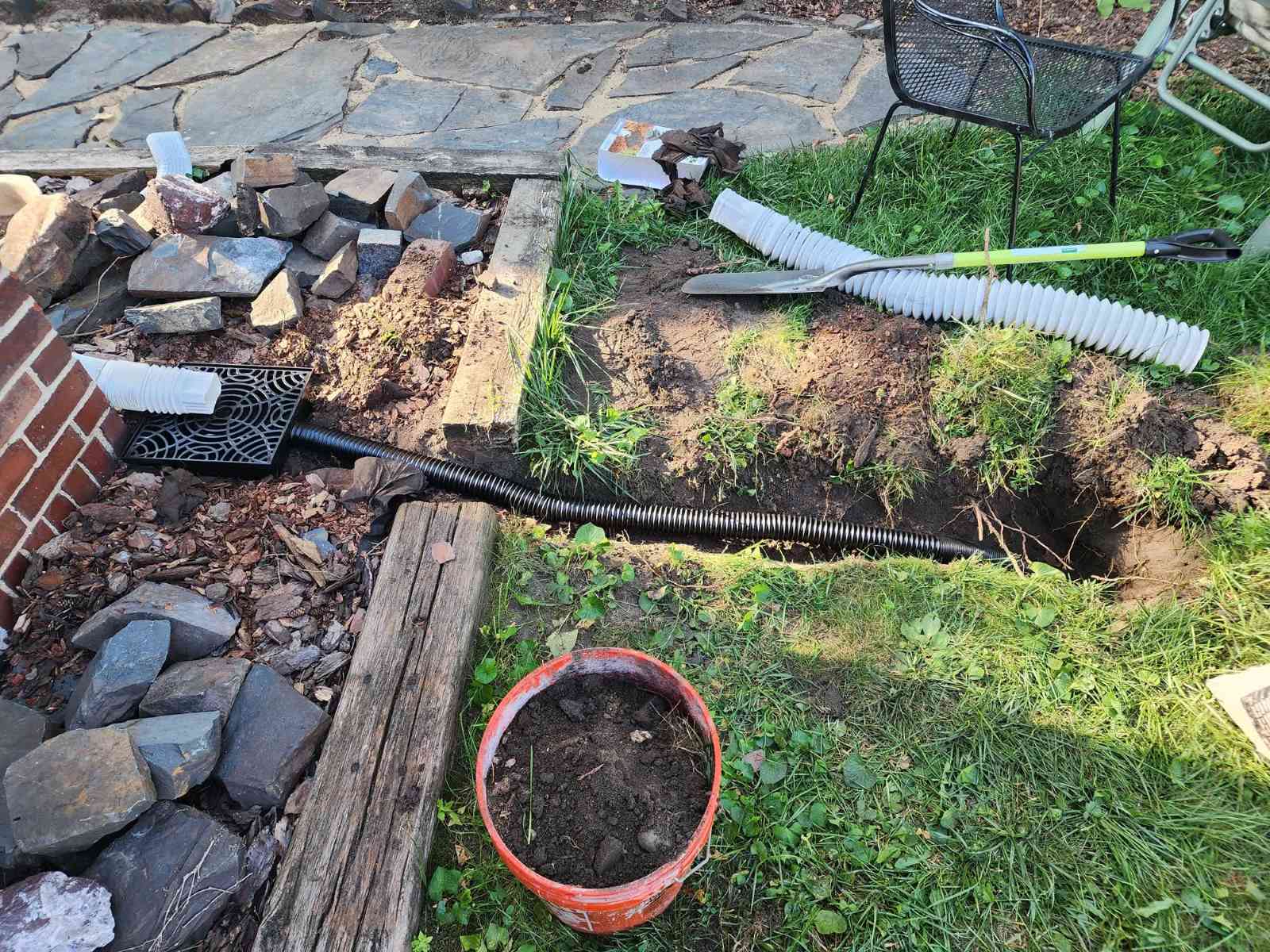
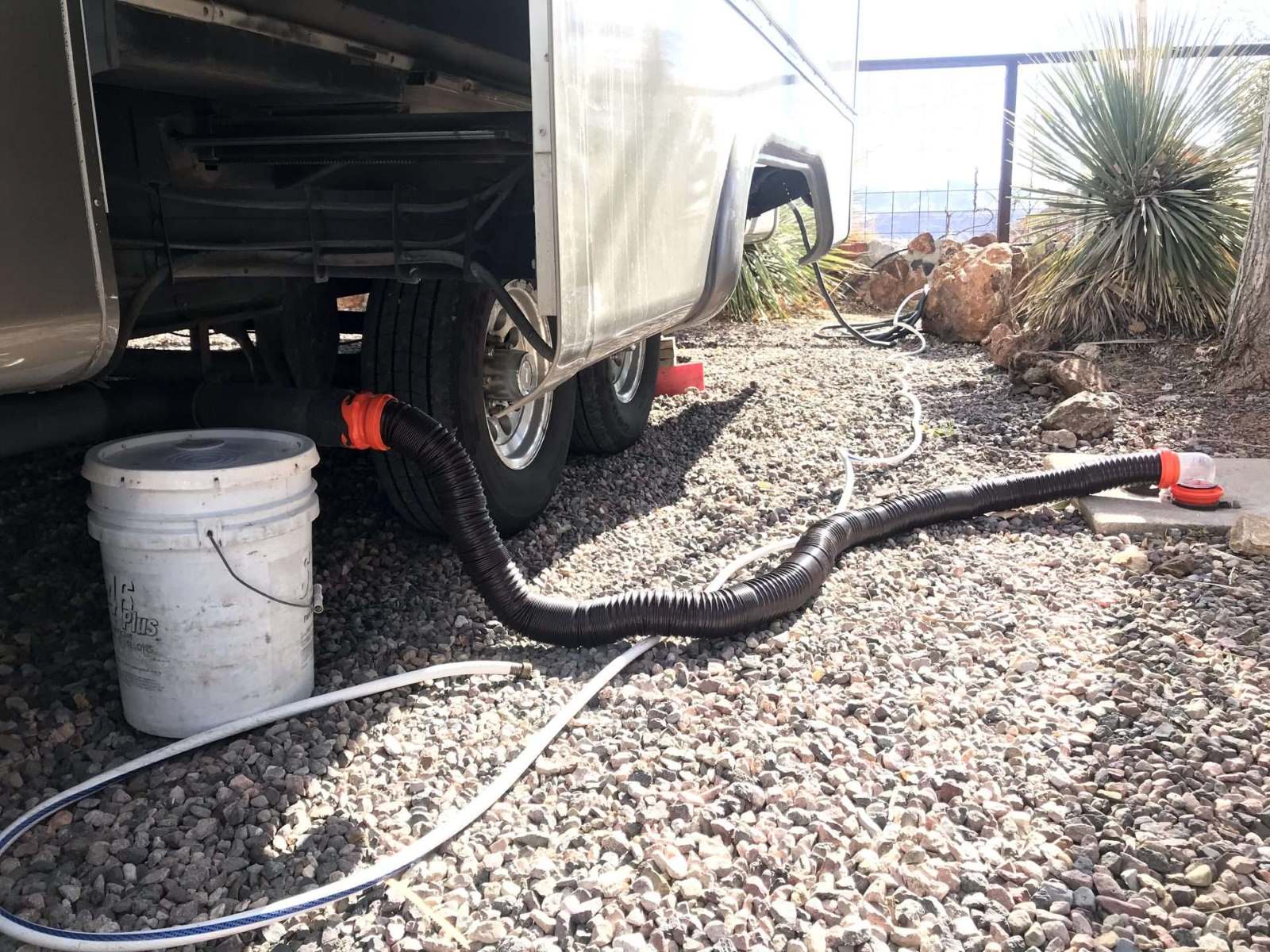
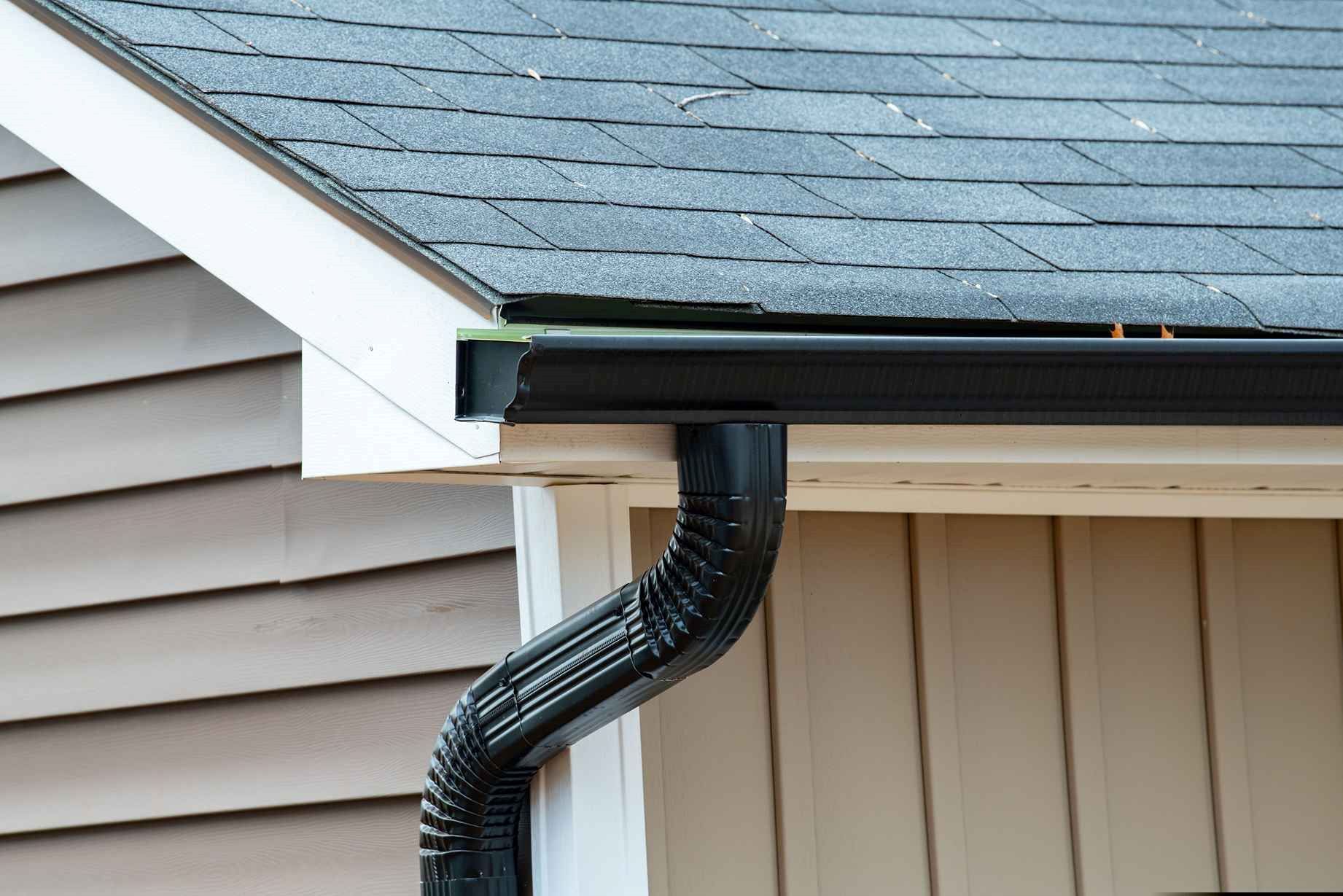
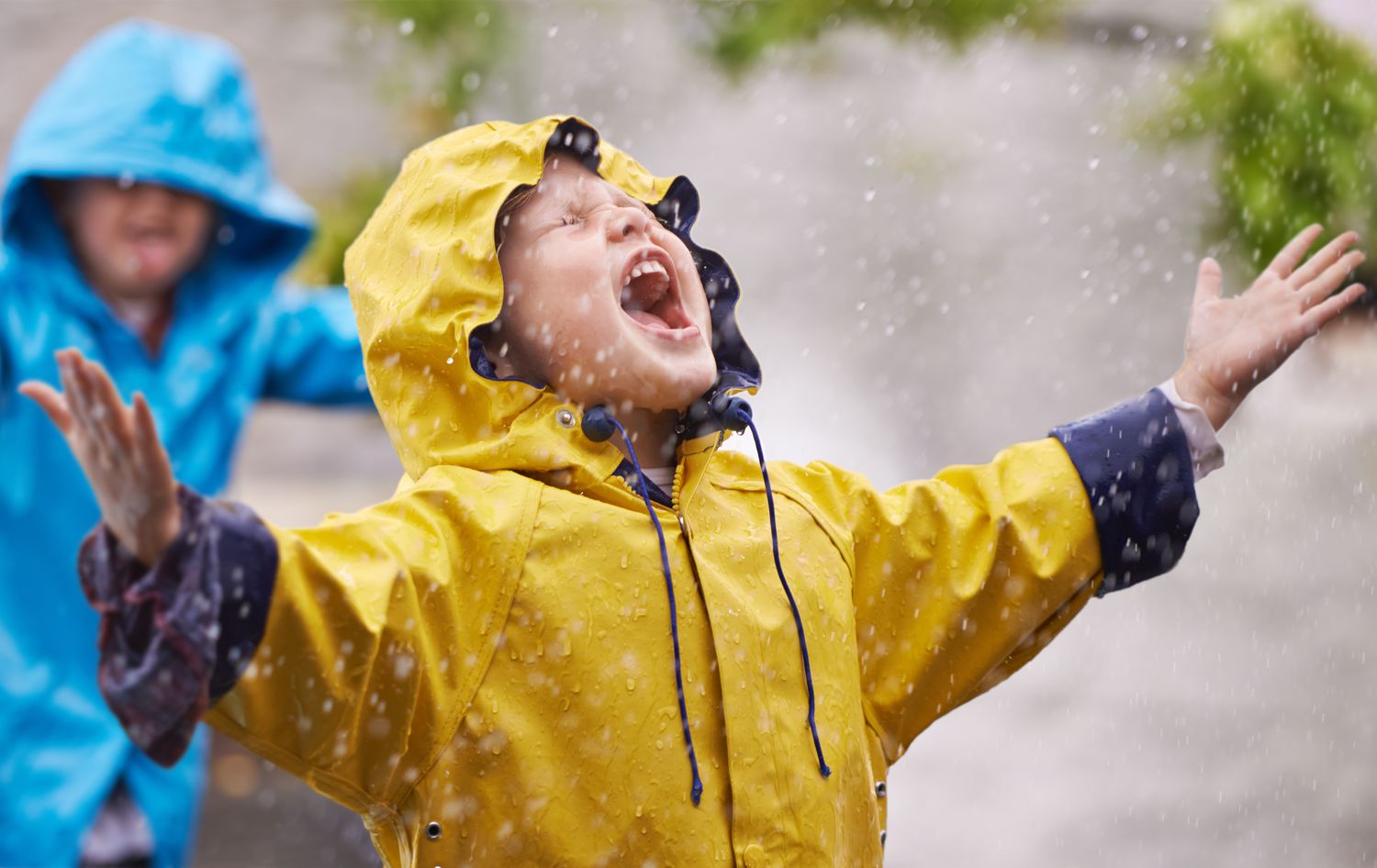
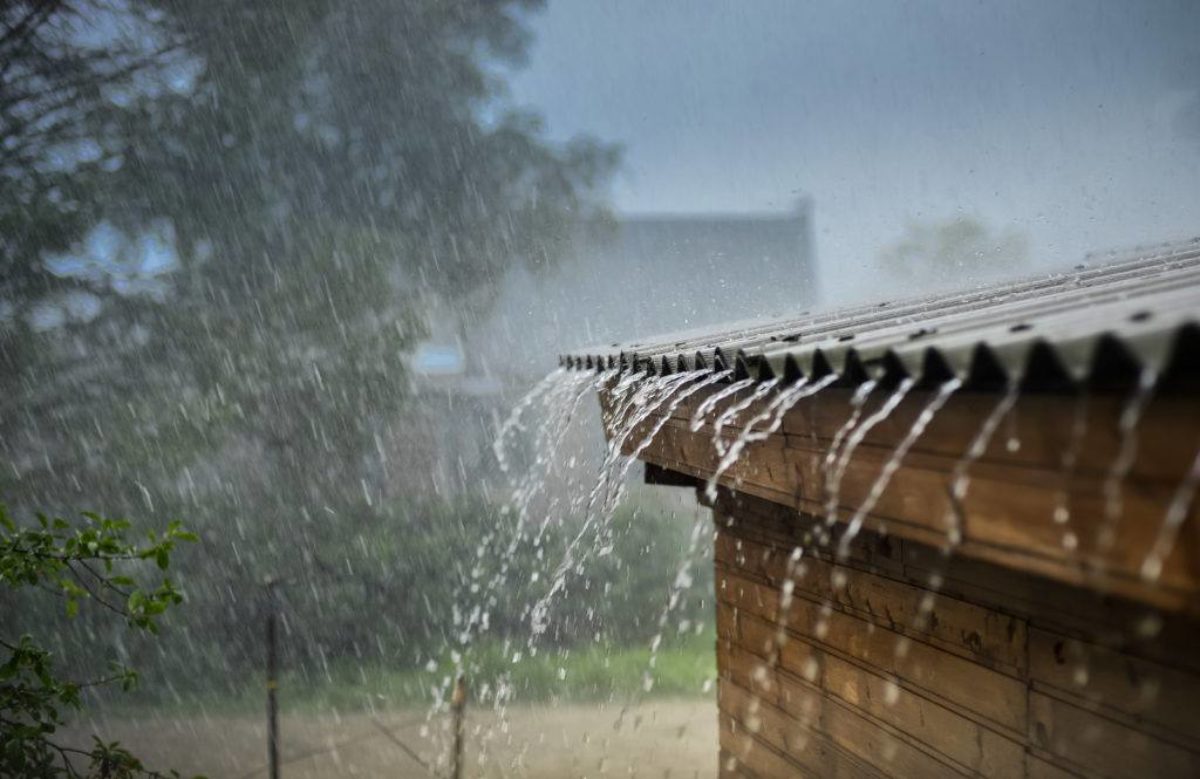
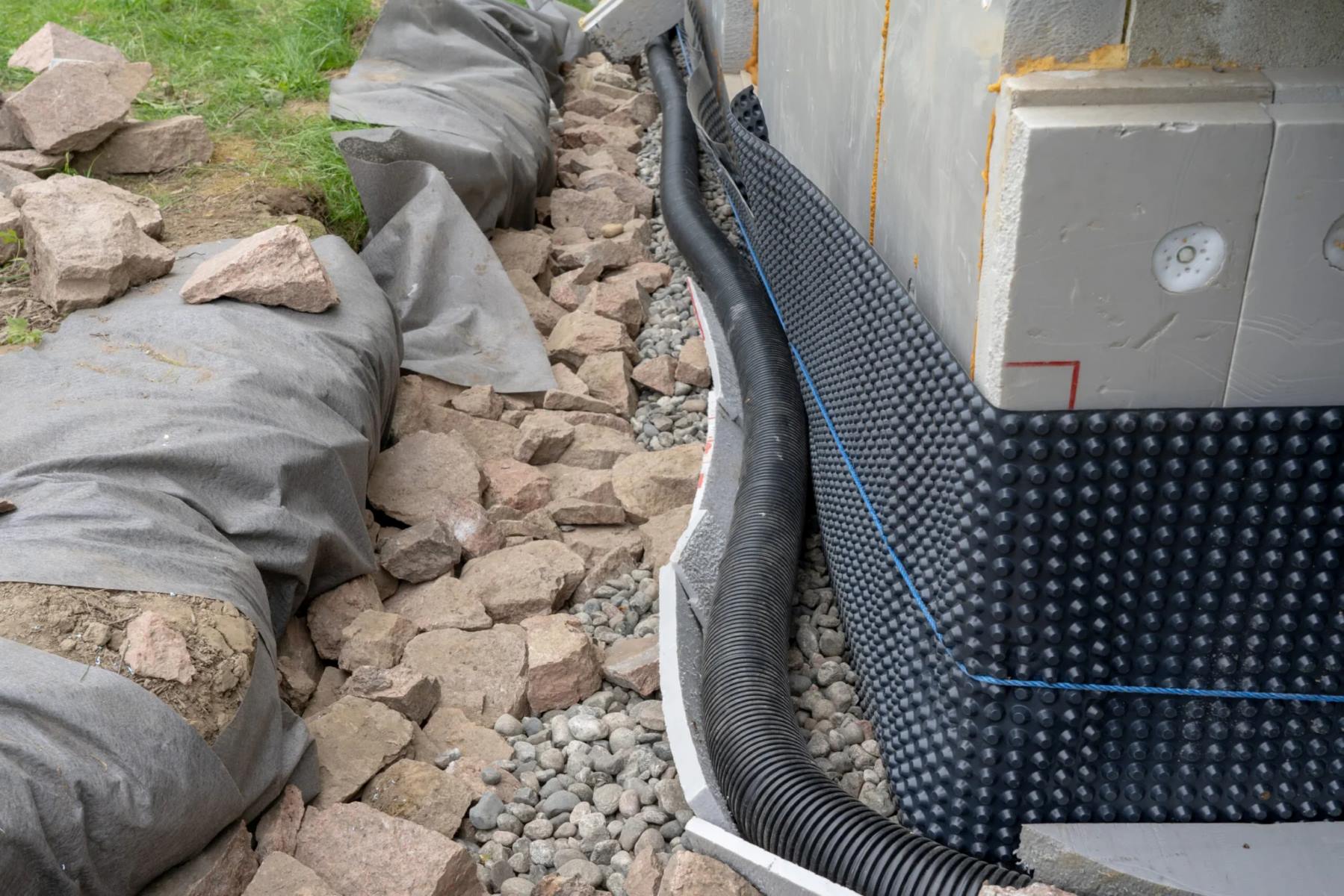
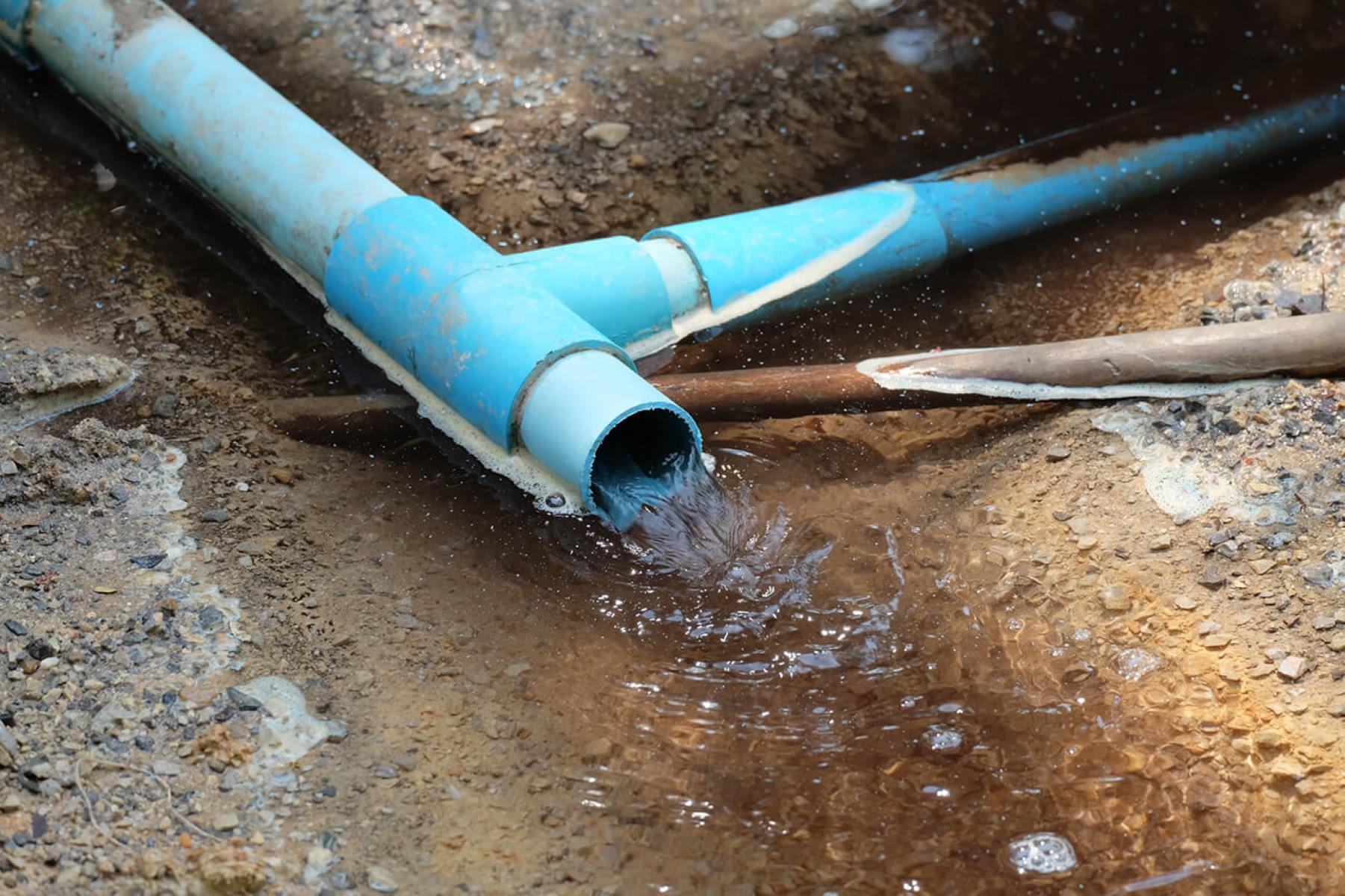
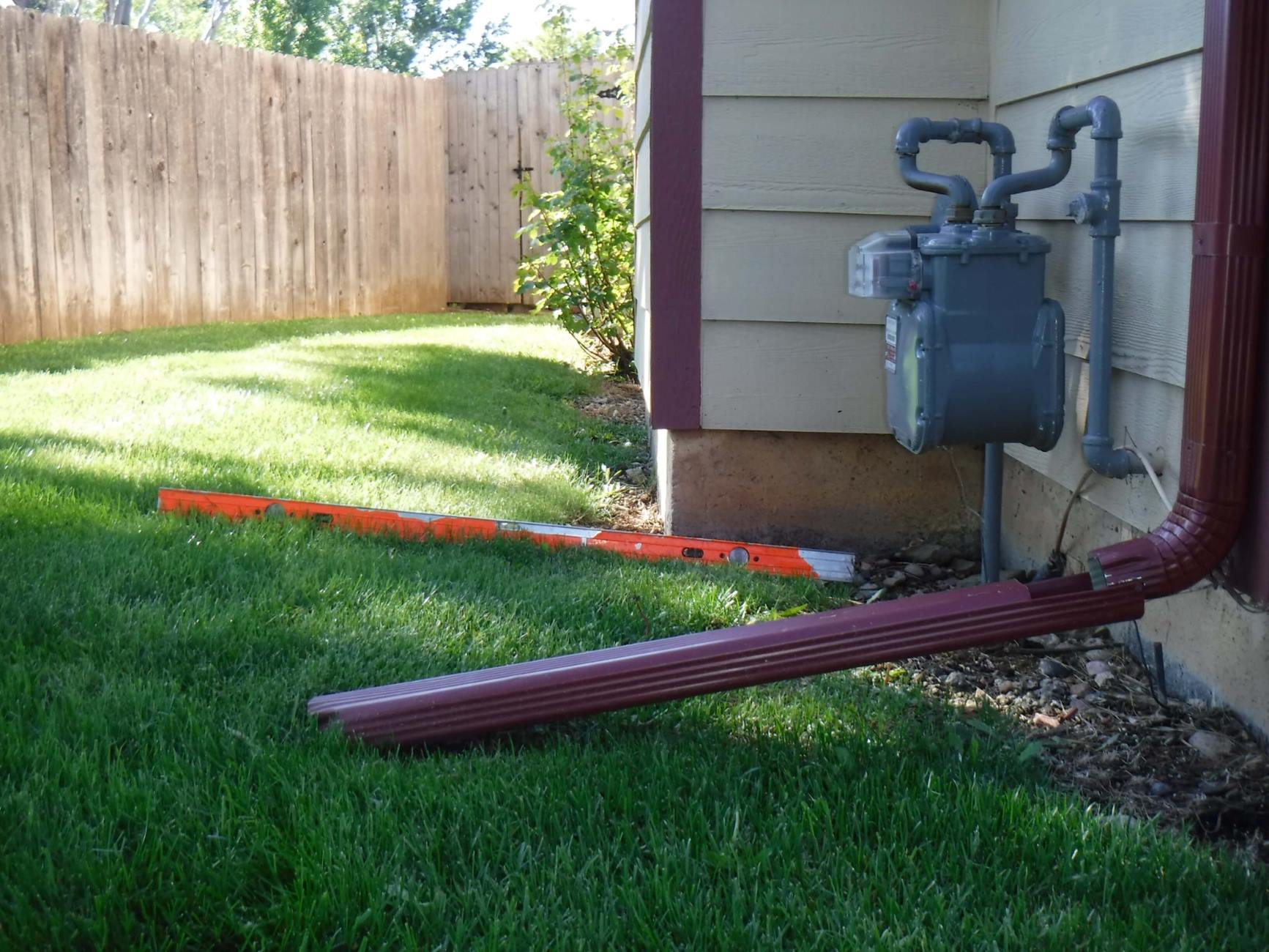
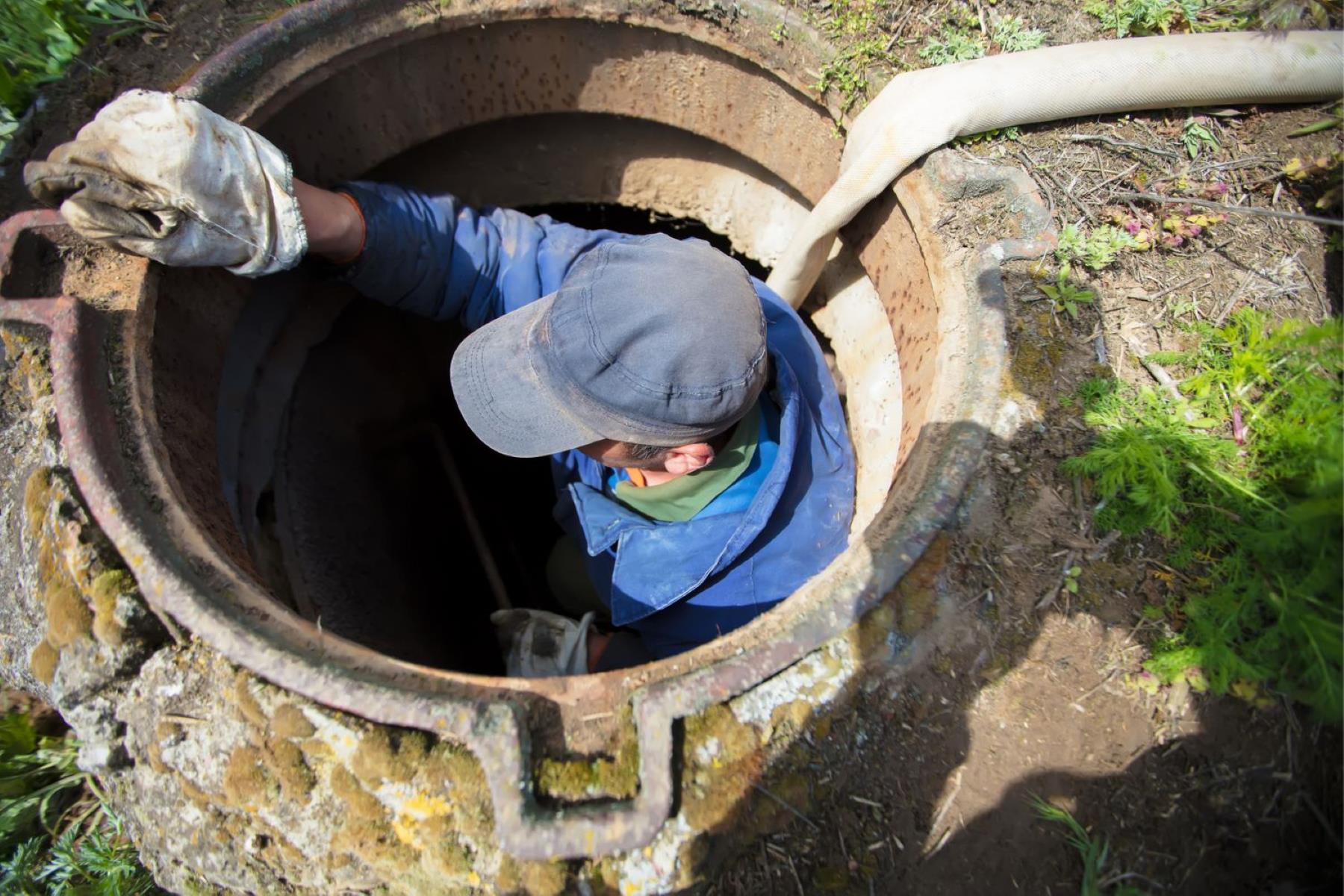
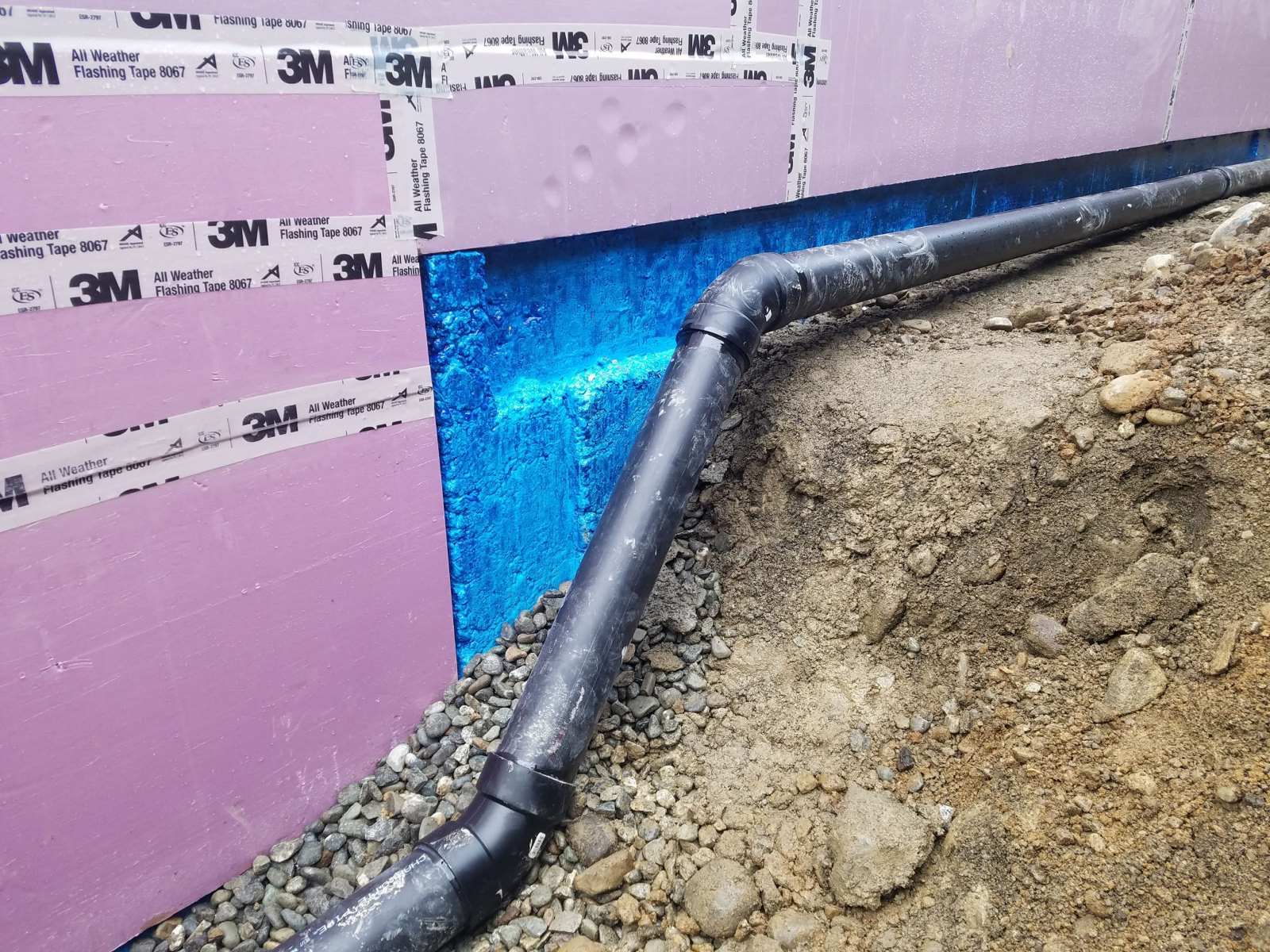
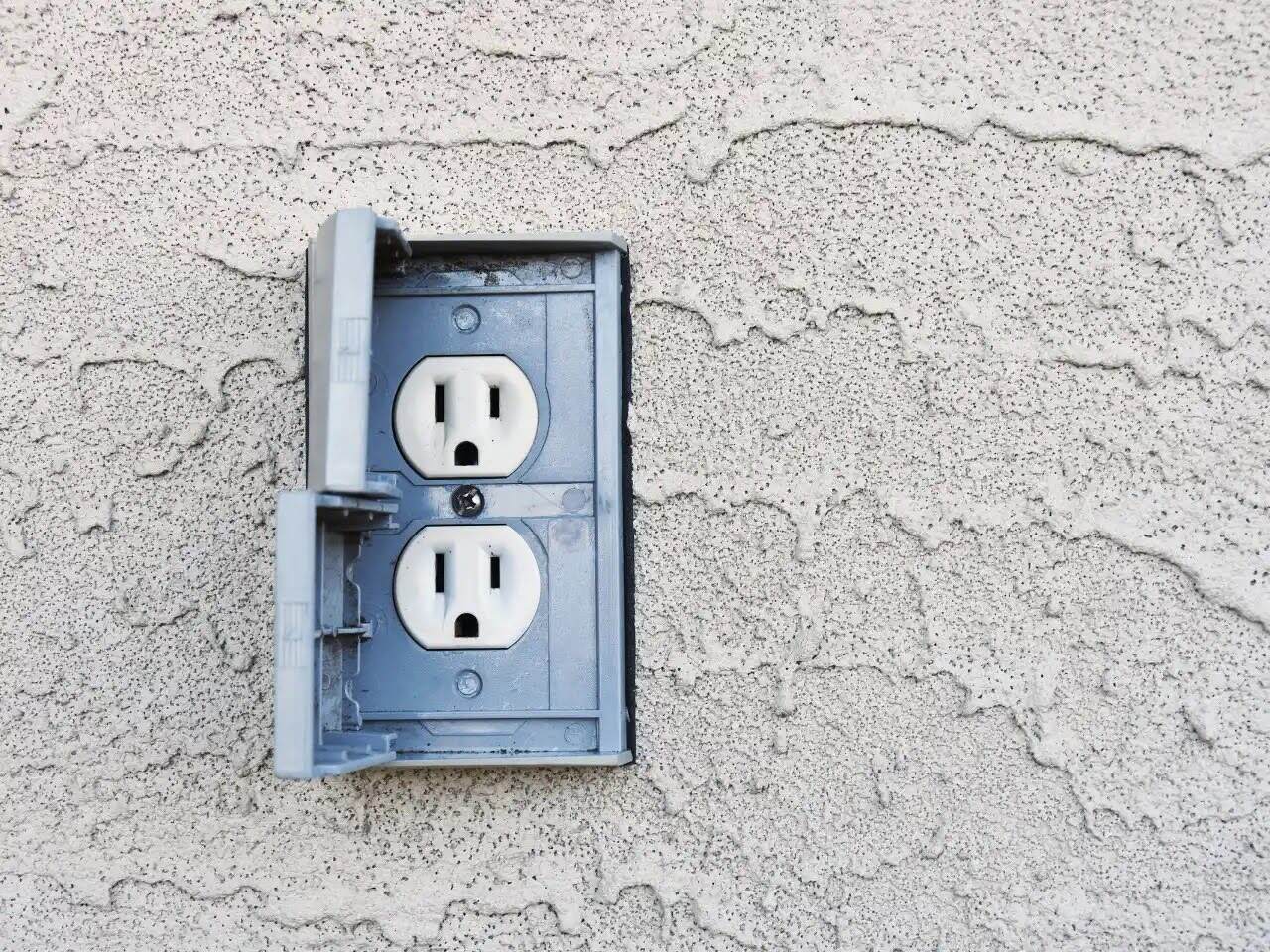
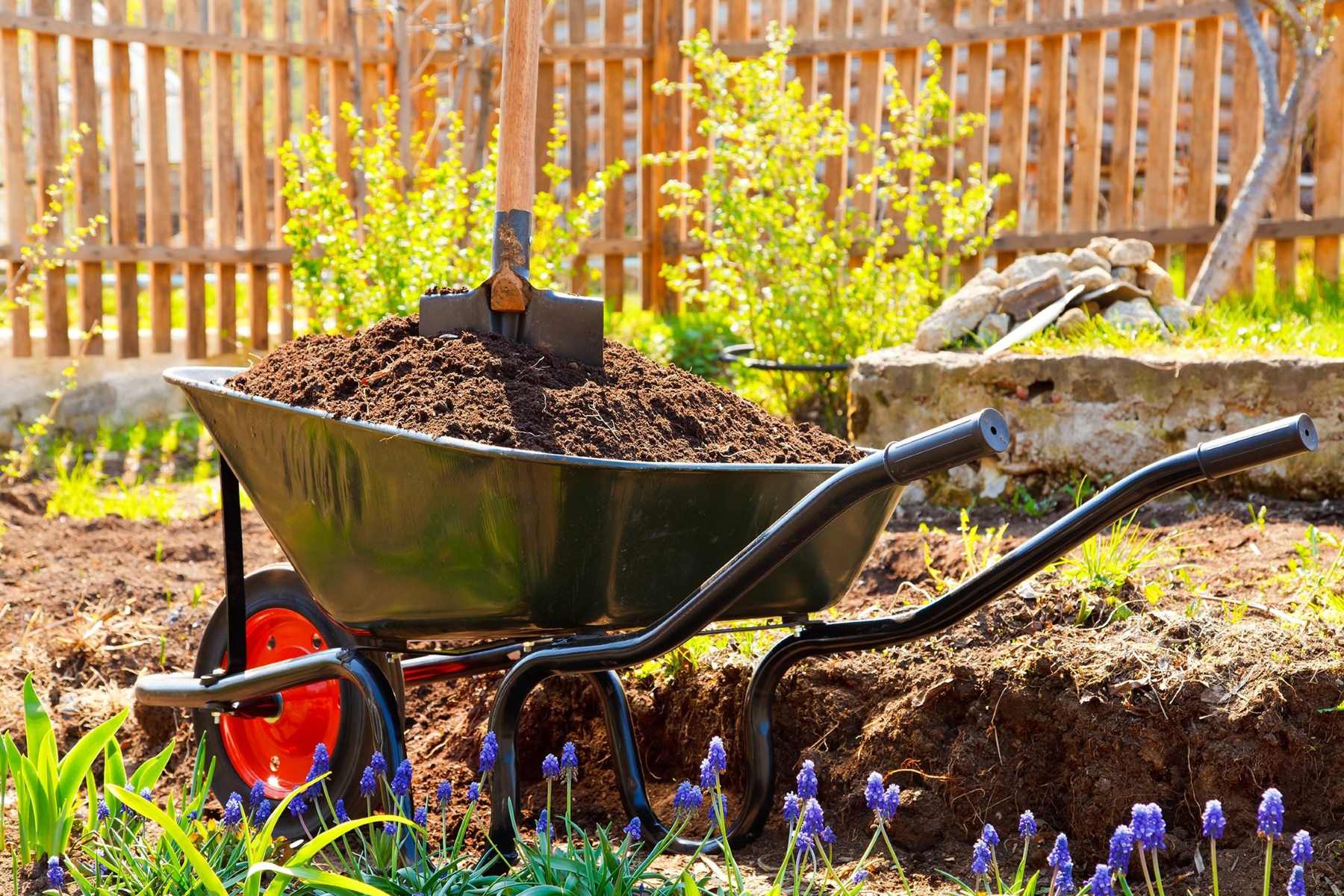
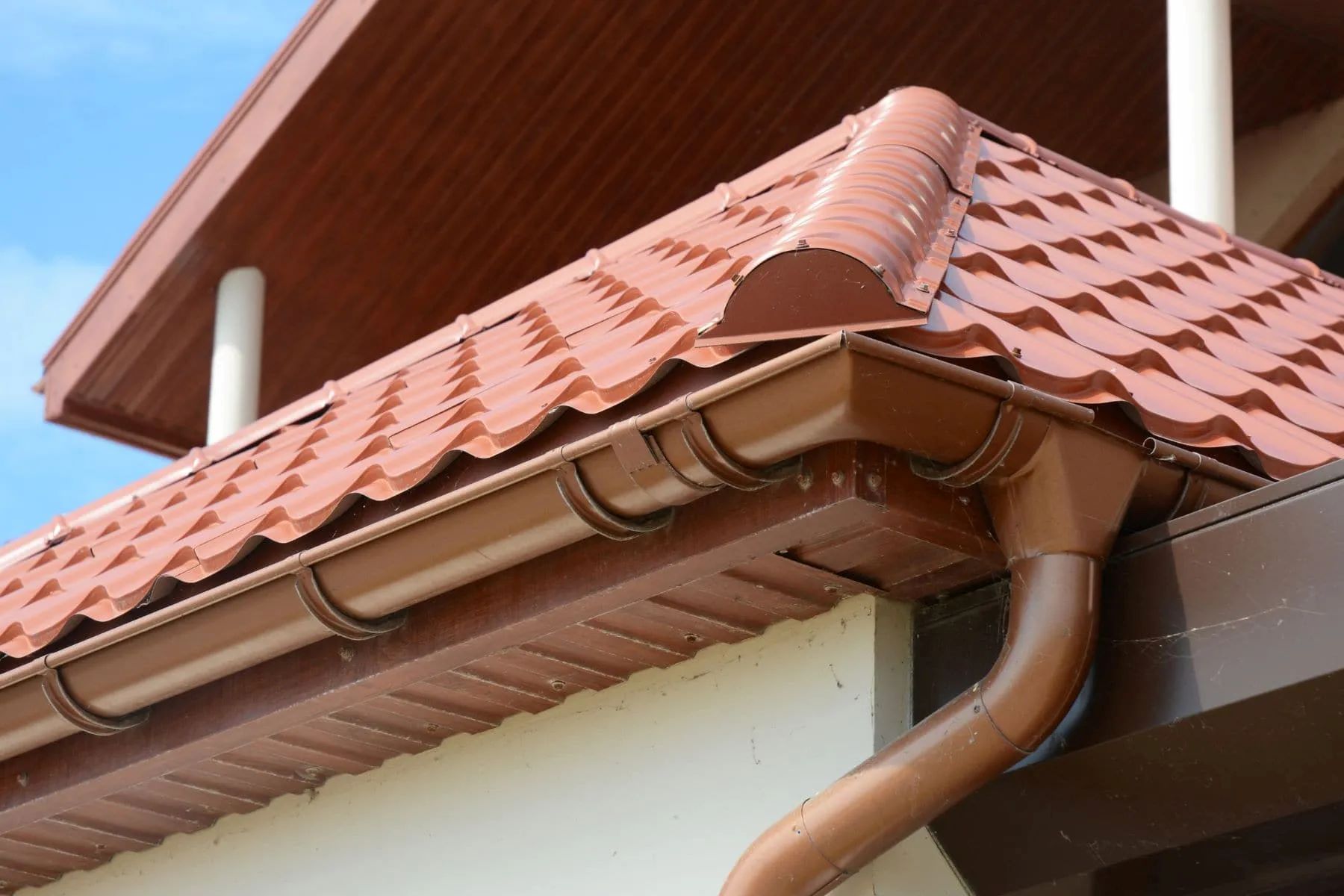
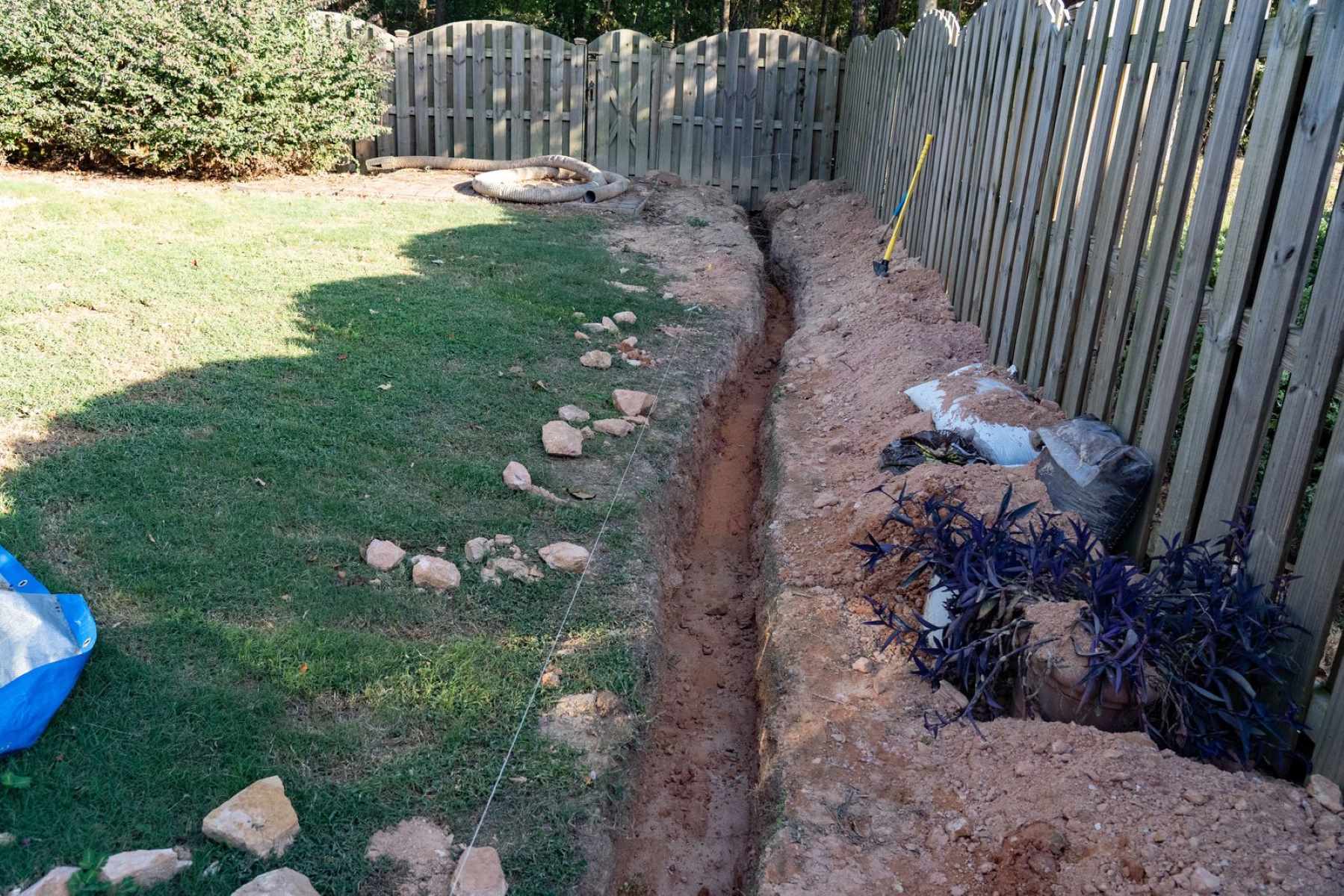

0 thoughts on “House Floods When It Rains Due To Drainage”